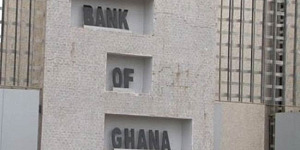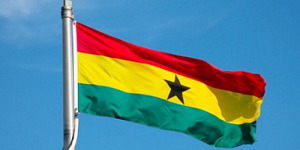Ghana’s economic growth for 2015 went down marginally compared to 2014, with figures from the Ghana Statistical Service Wednesday showing growth, including oil, reducing marginally to 3.9 percent from 4 percent in 2014.
According to the GDP estimates released by the Ghana Statistical Service, the decline was influenced by a slowdown in the agricultural sector from 4.6 percent in 2014 to 2.4 percent in 2015.
This was as a result of a reduction in cocoa production for last year.
Despite this challenge, other sectors, like services witnessed a significant growth with almost 6 percent growth.
The GDP estimates also shows that the services sectors currently commands that biggest share of the economy, accounting for about almost 50 percent, followed by agriculture with 28 percent and Industry.
However, when the energy crises was at its peak economic growth went up by almost 5 percent, compared to the 4.5 percent in the same quarter for 2014.
Meanwhile Deputy Government Statistician, Baah Wadie, says things could have been better if the energy crises had not set in.
Figures from the Ghana Statistical Service show that Ghana’s economy is currently worth 139 billion Ghana cedis. If this figure is shared among the 27 million population, every Ghanaian will get 5,057 Ghana cedis ($1,339).





















































